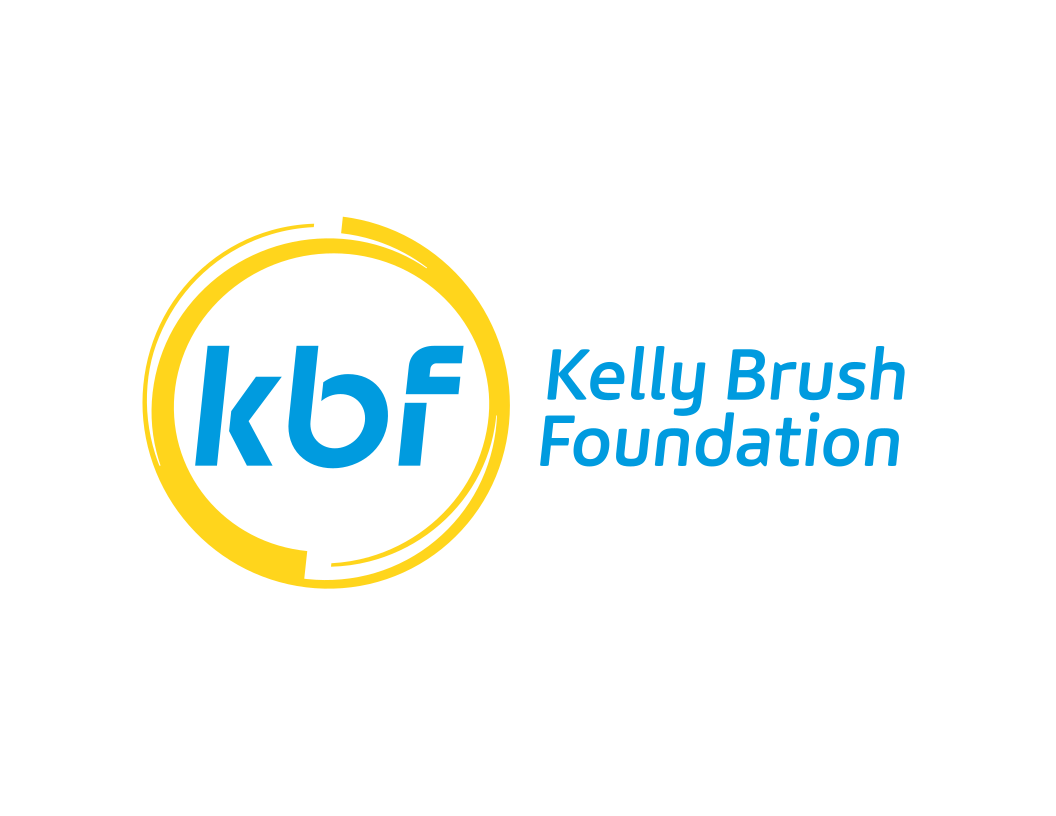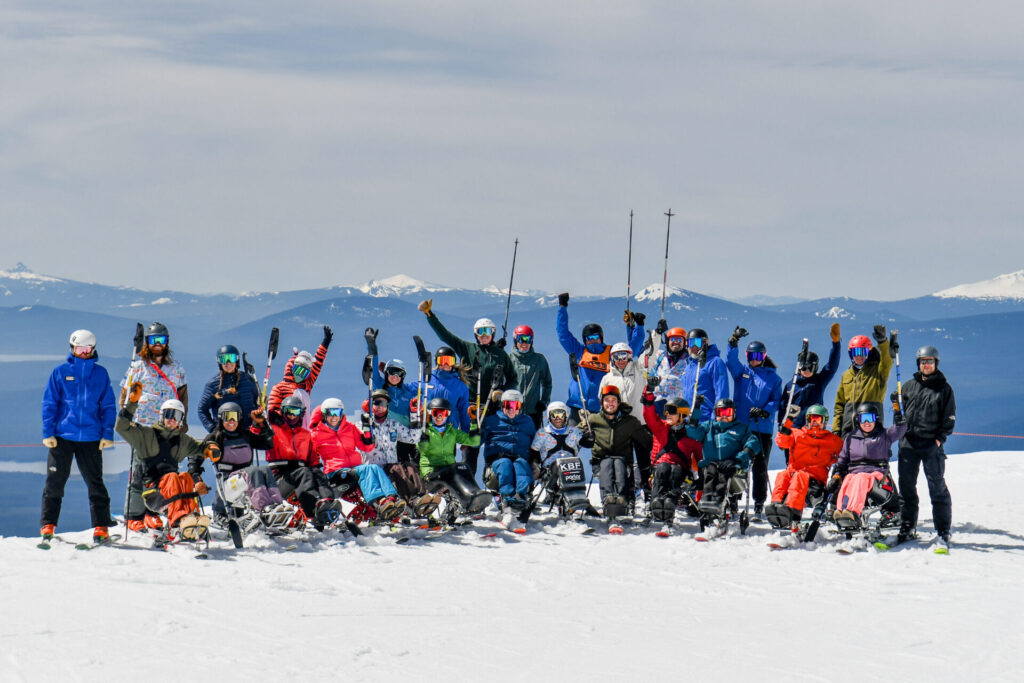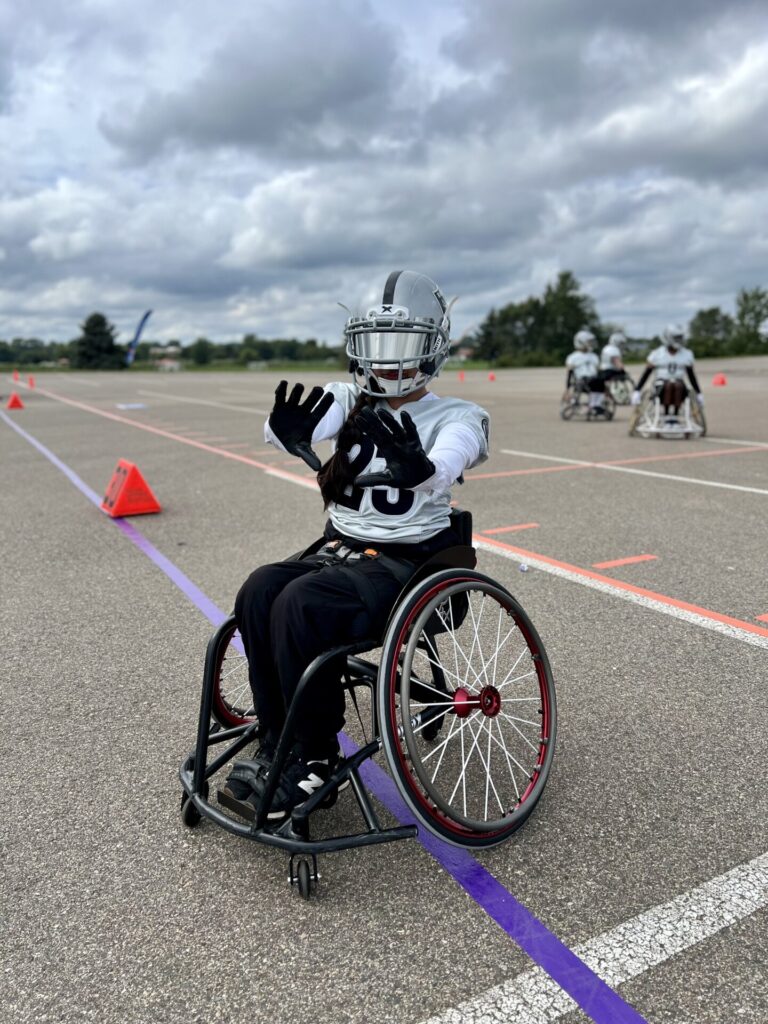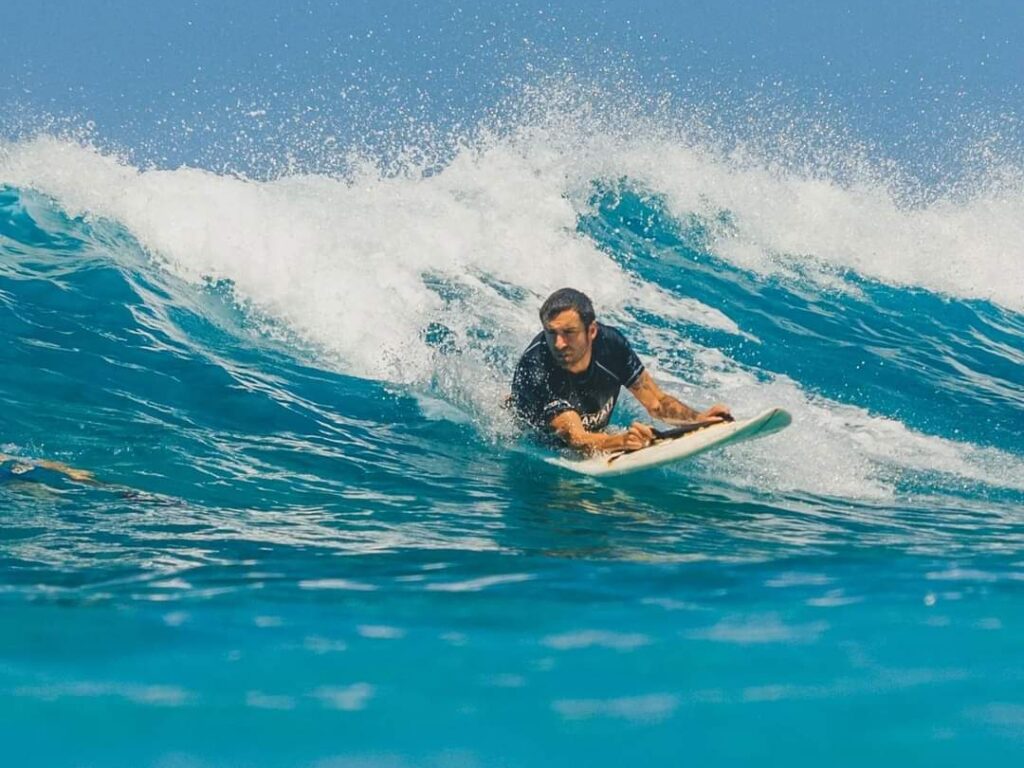In Kelly’s Words – Representation in Sports
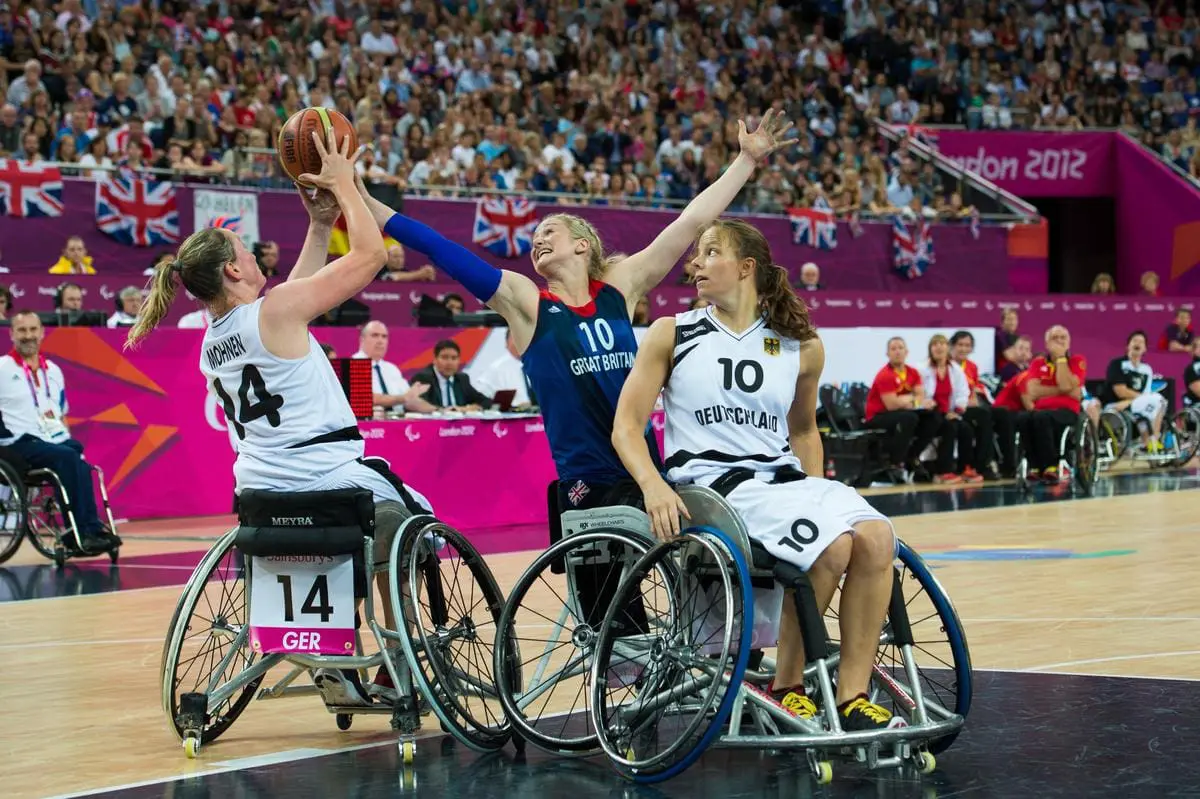
I played basketball as a little kid, but, for me, it could never compete as a winter sport with ski racing, so I never took it that far. That doesn’t stop me from getting caught up in the media circus that is NCAA March Madness. Since college, I have been getting a pool of friends together, all doing brackets, and playing for bragging rights for the rest of the year. For the last several years I’ve done this with my family.
I’m ashamed to say that, until this year, we only ever did a men’s bracket. But this year, with the hype of the women’s tournament, we completed brackets for the men’s and women’s tournaments. The beauty of the brackets is it makes every game interesting, and you have a vested interest in watching the entire tournament. And I, like so many others in the country, found myself glued to the Iowa women’s games.
For those who don’t follow basketball, there is a player named Caitlin Clark who took the sports world by storm. Among many other records and awards, this year she became the all-time NCAA Division I leading scorer for both men and women. She hit 3-pointers from deeper than the pros take them on a regular basis. And she was just electric to watch.
But Clark’s most important contribution to women’s college basketball was not the points she scored or the assists records she broke, but it was the increase in visibility that she created. I did a women’s bracket for the first time. I watched like a die-hard fan as Iowa and the other women’s teams played. I read articles about the WNBA draft, salaries, and schedules (learning her first-year WNBA contract will be around $72k while she’s likely to score an 8-figure Nike deal…). And I’m looking forward to following the WNBA this summer for the first time ever.
I’m not proud to admit that I don’t follow the women’s leagues the same way I follow the men’s leagues. I’m a female athlete, I should follow women’s sports as much or more as I follow men’s sports. What we consume, see, and engage with on a regular basis is so much based on the mainstream, what we’re familiar with, and what is available to us. In the same vein, I don’t follow the adaptive skiing World Cup circuit the same way that I follow the able-bodied skiing World Cup circuit.
Caitlin Clark has created visibility of women’s basketball, and by extension, other women’s sports. We are naturally drawn to compelling characters and storylines. Athletes chasing records, history, or head-to-head matchups. There is a whole media industry built around the NFL and NBA, and, by extension, college football and basketball (the men’s game that is). The playbook has been to watch the college game to understand individual player’s impact on the pro game. Can a female college basketball star rewrite the playbook and bring up the profile of the pro league (the WNBA)?
As I do with many things, I look at this through a lens of adaptive sports and the Paralympics. I fight for the visibility and acceptance of adaptive sports predominantly as legitimate recreational sports. What does it mean for spaces, trails, and attitudes to be as accepting and welcoming of adaptive athletes as able-bodied athletes? (Check out the work the KBF is doing to improve accessibility of mountain bike trails). The Paralympic games have gotten more visibility over the years, but it is still woefully lacking compared to the coverage the Olympics gets. Is it going to take an electric athlete, like Clark, that people are just dying to watch that drives the market? Will people realize adaptive sports are incredibly impressive, not just because of the “overcoming” story but because of the athleticism that is needed to do what they do?
Sports can be such a unifying force. Nothing brings people together like cheering for a collective team. But when you’re a member of an underrepresented group and you never see yourself in these teams or sports that you cheer for, where does that leave you?
As in all things, I advocate for representation and inclusivity. The more people see adaptive athletes on TV, in the Olympics, and doing cool things on social media, the more they see me as just another athlete. There is low-hanging fruit here. Let’s increase coverage of the wheelchair division of the major marathons around the country. Let’s see coverage of the wheelchair division of the US Open (they play at the same time and on the same courts as the able-bodied athletes). Let’s have the Paralympic coverage more widely available and not just a special at the end of the events. Let’s use the example of Caitlin Clark and see that these underrepresented groups do have a market. People want to watch them. Ticket sales will follow. Advertisers will follow. There is a market here, it just has to be allowed to shine.
